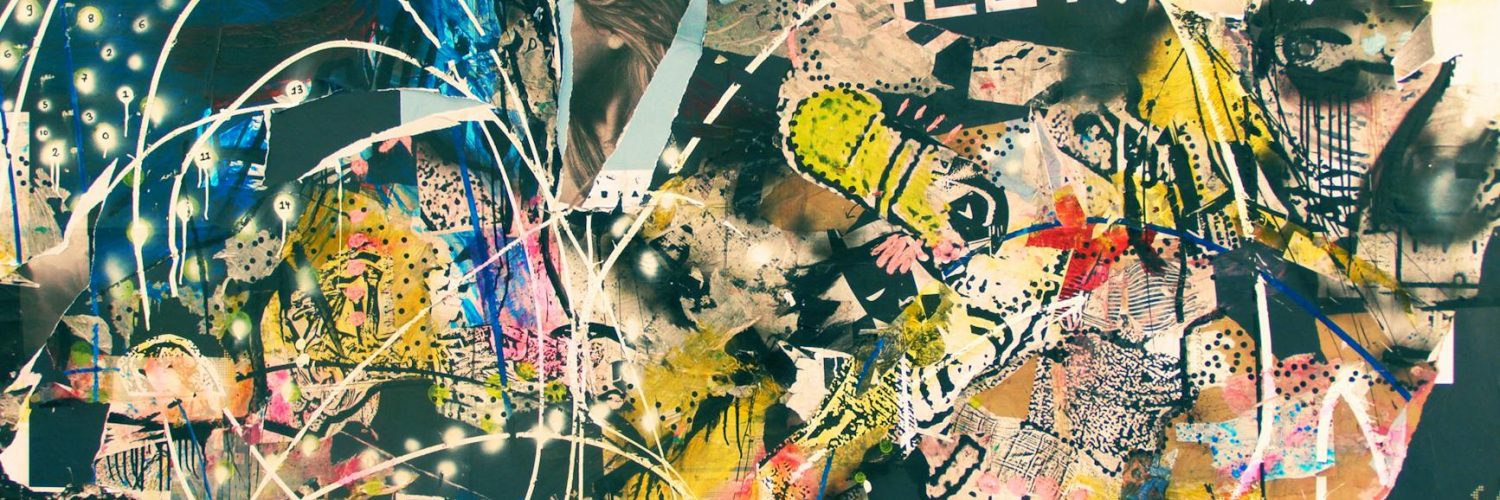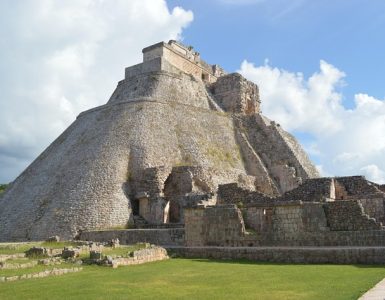Ever wondered why we do the things we do? Why we celebrate certain holidays in specific ways, or why certain foods are associated with particular events? Often, the answers lie buried deep in history, connected to events and circumstances you’d never guess. It turns out, our cultures are overflowing with quirky traditions, bizarre customs, and oddly specific celebrations—all with surprisingly fascinating backstories.
From Roman Vomit to Modern-Day Celebrations
Let’s start with something… pungent. Garum. Sounds delicious right? Wrong. Garum was a fermented fish sauce, the ancient Roman equivalent of soy sauce, and hugely popular. Seriously popular. It was a staple condiment, exported across the empire, and a key ingredient in many dishes. Its popularity, however, reveals a fascinating link between food preferences and empire building. The Roman appetite for garum spurred trade networks, influencing economies and cultures across the Mediterranean. And yes, the smell was probably… unforgettable. Today, while we thankfully don’t slather garum on everything, its legacy echoes in our modern-day appreciation for umami-rich sauces and the surprising influence trade networks have on cultural development.
The Surprisingly Violent Origins of Carnival
Carnival, with its vibrant costumes, parades, and general merriment, seems lighthearted on the surface. But delve a little deeper, and you’ll find a darker past. Historically, Carnival served as a period of sanctioned revelry before the somber period of Lent. In medieval Europe, these pre-Lenten celebrations sometimes involved a degree of social inversion, where class structures were temporarily reversed, and surprisingly, even violence wasn’t uncommon. Think of it as a controlled release valve for societal frustrations, allowing for a period of temporary chaos and subversion before the stricter religious observance of Lent. The boisterous, even chaotic nature of many modern-day Carnival celebrations might be a faint echo of these wilder origins.
El inesperado legado de la peste negra
The Black Death, one of history’s most devastating pandemics, left an indelible mark on the world – and not just in terms of population loss. The plague dramatically reshaped social structures, labor practices, and even religious beliefs. The massive loss of life led to labor shortages, empowering surviving workers to demand better wages and conditions, inadvertently contributing to the eventual decline of feudalism. Moreover, the widespread devastation fueled religious fervor and spurred a wave of flagellant movements, with people publicly whipping themselves to appease God and ward off further outbreaks. While we no longer engage in flagellation, the Black Death’s impact on the socio-economic landscape and religious practices is still felt today, shaping many aspects of modern culture.
The Curious Case of the Lucky Horseshoe
Ever wondered why horseshoes are considered lucky? The answer isn’t as straightforward as you might think. Several theories exist, ranging from the horseshoe’s association with the moon’s cycles (ancient pagan symbolism) to the horseshoe’s practical use offering protection against evil spirits (medieval superstition). Another theory traces its origins back to the protective properties associated with iron—a material believed to ward off evil spirits. Regardless of the true origin, the horseshoe’s enduring popularity illustrates how seemingly trivial objects can accumulate layers of meaning over time, becoming powerful cultural symbols.
From Roman Baths to Modern Spas: A Relaxing History
The Roman bathhouses weren’t just about hygiene; they were central to Roman social life. Public baths were social hubs, places for socializing, business deals, and even political intrigue. They featured elaborate architectural designs, intricate mosaic floors, and a complex set of rituals. We may not use the same methods of bathing as the Romans (thankfully less reliance on communal scrubbing), but the modern spa industry clearly owes a debt to the sophisticated bathing culture of the Roman Empire. The pursuit of relaxation and rejuvenation through water remains a constant across millennia.
The Unlikely Roots of Modern Sports
Many of our favorite modern sports have surprisingly ancient origins. Consider boxing, which dates back to ancient Greece and Rome, where it was a brutal spectacle often ending in serious injury or death. Similarly, many team sports, including variations of soccer and rugby, have historical roots in ancient civilizations, reflecting cultural values of physical prowess, strategy, and even conflict resolution. The evolution of sporting traditions from ancient rituals and military training to codified rules and global competitions reveals a fascinating link between our leisure activities and the violent, competitive past. Culture's Curious Crossroads: Unexpected Historical Hiccups and Happy Accidents
The Enduring Power of Myths and Legends
Mythology continues to exert a profound influence on modern culture, shaping our narratives, values, and even our language. From fairy tales passed down through generations to the enduring popularity of superhero stories, myths and legends have always provided a powerful framework for understanding the world. Many modern stories draw inspiration from ancient myths, adapting and reimagining their themes and characters. The persistence of mythological narratives across different cultures demonstrates the enduring human need for storytelling and its ability to transmit cultural values and beliefs across generations.
From Ancient Rituals to Modern Celebrations: The Unexpected Lineage of Festivals
Our modern holidays and festivals often have deep roots in ancient rituals and agricultural cycles. For example, many harvest festivals around the world share common themes and practices, linked to the ancient human need to celebrate the bounty of the land and ensure future prosperity. Likewise, many winter solstice celebrations—from the Roman Saturnalia to the modern Christmas—share similar themes of light, warmth, and renewal, reflecting ancient practices designed to combat the darkness and cold of winter. The continuity of such celebrations across diverse cultures is remarkable, highlighting the importance of cyclical events in shaping human societies.
The connections between our current cultural practices and historical events are often subtle, complex, and surprisingly unexpected. By exploring these links, we gain a deeper understanding of our own traditions, and how they developed in response to historical circumstances and changing cultural landscapes. The seemingly random elements of today’s culture often have surprisingly rich and often bizarre histories waiting to be discovered. So next time you participate in a tradition, consider its origins—you might be surprised by what you uncover!

























Añadir un comentario